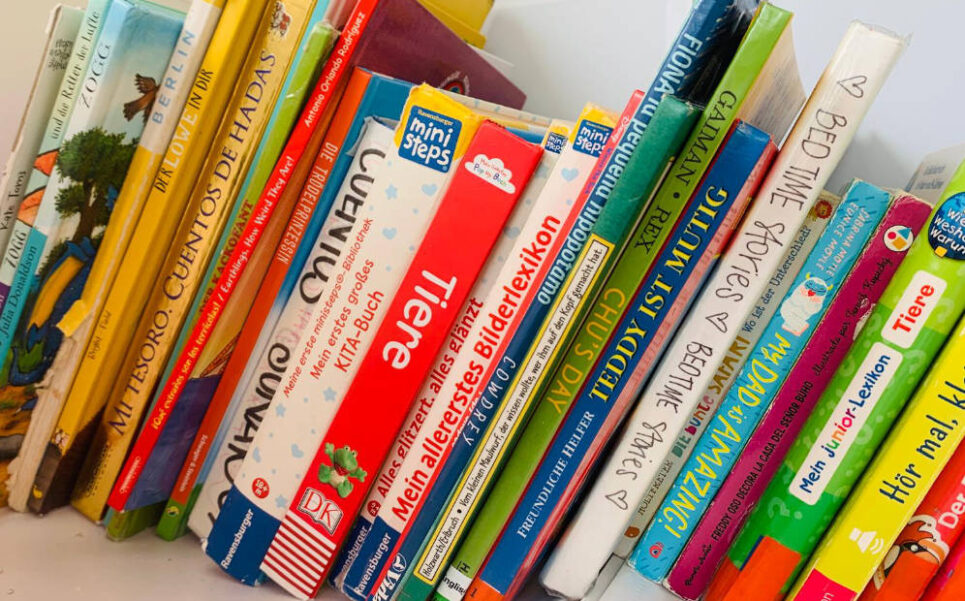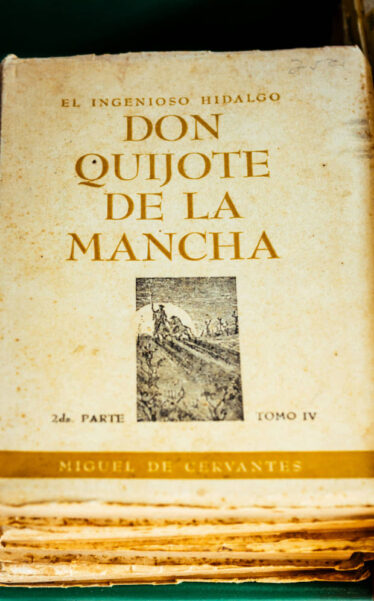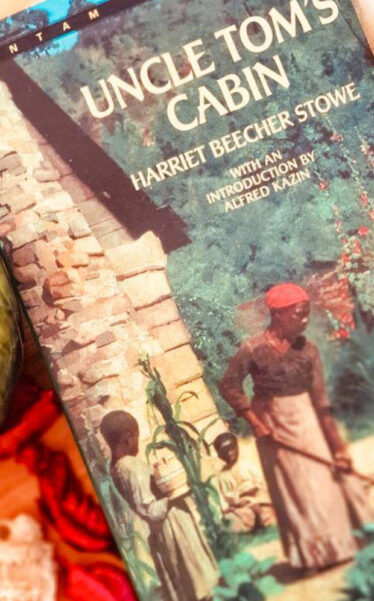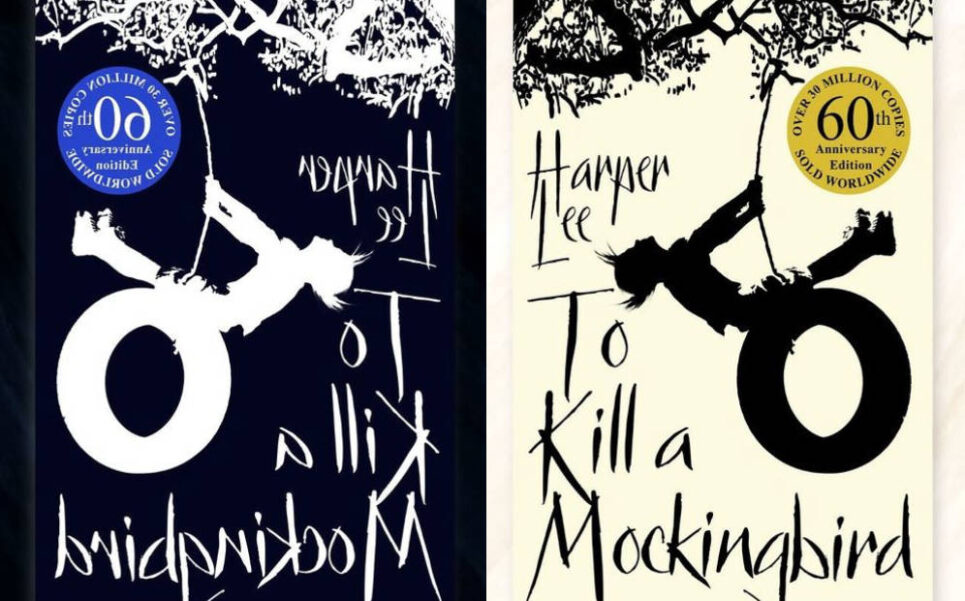Literature is much more than a collection of words printed on pages; it is a reflection of humanity itself. Literature is a window through which we can explore the world, understand others, and discover ourselves.
Let’s be honest, the world is increasingly dominated by technology and immediacy. But literature remains a beacon of knowledge, inspiration, and human connection.
What is literature?
Let’s start, as always, from the beginning (we should try).
Literature is the art of writing and expressing thoughts and emotions creatively and aesthetically. Literature encompasses different genres, such as novels, poems, short stories, and essays, among others.
Literature is a form of communication. It is the way writers share their thoughts, ideas, and experiences with the world, and how readers respond to those expressions through their own interpretations and reflections. Through the dialogue between author and reader, literature becomes a playground where the boundaries of imagination and understanding are explored and challenged.

Through reading literary works, the development of analytical skills and critical thinking is achieved. By immersing ourselves in the stories and characters of books, we are able to understand different perspectives and points of view, which helps us expand our minds and question our own beliefs and prejudices.
Furthermore, literature is one of the most effective instruments for shaping personality and gaining deep knowledge of the world around us and ourselves. Through reading literary works, we can explore universal themes such as love, death, justice, and freedom, which gives us the opportunity to reflect on our own existence and values.
Likewise, literature contributes to the development of language, as it is primarily acquired through immersion through reading.
Expansion of Horizons
Literature transports us to distant worlds and immerses us in experiences that would otherwise be inaccessible to us.
Through the pages of a book, we can travel to exotic lands, explore different historical periods, and meet people from all walks of life. Literature allows us to expand our horizons and enrich our understanding of the world around us.
Similarly, literature challenges us to contemplate new ideas and question our assumptions. This means that we can explore any topic or concept. We are faced with ethical and moral dilemmas that force us to reflect on our own beliefs and values.
Literary works invite us to consider multiple perspectives and recognize the complexity of the world we inhabit, thereby enriching our understanding and empathy towards others.
Literature allows us to experience a full range of human emotions, from joy to the deepest pain.
This enables us to develop greater compassion and understanding towards ourselves and others, thus strengthening our ties to the human community as a whole.
Reading literary works of different genres and themes is an excellent source of knowledge, intellectual development, and personal growth. It exercises our brains and helps us interpret and understand information, society, and ourselves better. It invites us to reflect and provides us with a broader perspective of the world around us.
In addition to its educational value, literature also provides entertainment and is a source of distraction and enjoyment. It can be a positive and enriching pastime. It can even serve as a way to popularize scientific research and make it accessible to the general public. Literature has the power to transport us to different realities and emotions, providing us with escapism and delight.
Importance in Childhood
Childhood is a period of discovery and growth, where every experience, every word, and every story has the potential to leave a lasting impression on a child’s heart and mind. Bearing this in mind, literature emerges as an invaluable tool for stimulating imagination, fostering a love for reading, and promoting cognitive and emotional development in the youngest.
Let’s start by saying that early exposure to books and stories enriches children’s vocabulary and strengthens their language skills. This means that as children listen to and participate in reading stories, they learn new words, grammatical structures, and concepts that help them communicate more effectively.
On the other hand, literature offers a world of unlimited possibilities where imagination can flourish. Children are transported to magical worlds where they can dream, create, and explore without limits.

Exposing children to a variety of books and stories from an early age helps cultivate a lasting love for reading. When children experience the excitement of immersing themselves in a good story, they develop an emotional connection with books that motivates them to continue exploring the world of literature.
Likewise, literature offers children the opportunity to explore a variety of emotions and experiences through the eyes of fictional characters. By identifying with characters, children can develop empathy, understanding, and social skills by learning to recognize and respond to others’ emotions. In addition, literature can help children understand and process their own emotions by offering them models of positive behavior and coping strategies.
Literature plays a fundamental role in children’s lives, offering a multitude of benefits ranging from language development and imagination stimulation to fostering a love for reading and expanding understanding of the world. By cultivating the habit of reading from an early age, parents, teachers, and caregivers can provide children with a solid foundation for future academic, emotional, and social success.
Preservation of Culture and History
One of literature’s most notable contributions to cultural and historical preservation is its ability to serve as a vivid testimony of past times.
Literature acts as a record of humanity’s history and culture, preserving stories, traditions, and values for future generations. Obviously, this allows us to keep our cultural heritage alive and learn from the lessons of the past.
Through historical fiction, literary works transport us to distant times and places, allowing us to experience life and events that have shaped the world as we know it.

Stories connect us with universal aspects of the human experience, such as love, loss, betrayal, and redemption. This means that literature teaches us timeless lessons about what it means to be human.
Another way literature preserves culture and history is by giving voice to those whose stories have been marginalized or silenced. Through literary writing, the experiences of individuals and communities are rescued and celebrated, who might otherwise have been forgotten by the mainstream of history.
In this sense, literature enriches our understanding of history by offering a variety of perspectives and human experiences.
Some examples of how literature has preserved culture and history over time are:
“Miguel de Cervantes’ Don Quixote“: This masterpiece of Spanish literature is not only an epic and comedic novel, but also a testimony to 17th-century Spain. Through the adventures of the ingenious gentleman Don Quixote and his faithful squire Sancho Panza, Cervantes offers an insightful look at the society, culture, and traditions of Spain in his time.
“Don Quixote” has not only endured as one of the most important works of world literature, but has also contributed to the preservation of the Spanish language and cultural identity over the centuries.
“Gabriel García Márquez’s One Hundred Years of Solitude” marked a before and after in world literature. This seminal novel of magical realism not only tells the story of the Buendía family over several generations, but also encapsulates the rich history and culture of Colombia.
Throughout the novel, the author weaves a narrative that spans from the beginnings of Spanish colonization in Latin America to the 20th century. Through the events that affect the Buendía family and the town of Macondo, the author portrays key moments in Colombian history, such as the civil war, the rise of the banana industry, and political and social conflicts.

Through its characters and settings, the ethnic, linguistic, and cultural diversity of Latin America is shown, as well as the tensions and synergies that arise from this unique mix of cultural influences.
It is a work that is imbued with orality and popular traditions.
This work has not only been acclaimed as a masterpiece of literature, but has also contributed to the preservation and dissemination of Colombian culture worldwide.
“Victor Hugo’s Les Misérables” is a novel by the French poet and writer Victor Hugo published in 1862. It is considered one of the most important works of the 19th century.
This historical novel not only narrates the life of Jean Valjean and other unforgettable characters, but also offers a detailed look at French society in the 19th century. Through its pages, themes such as justice, redemption, social inequality, and the struggle for freedom are addressed. Continuous discussions about good and evil, law, politics, ethics, justice, and religion.
By placing the plot in the context of historical events such as the French Revolution and the student riots of 1832, the novel provides a detailed view of France’s political and social history.
“Les Misérables” has not only endured as a classic work of world literature, but has also contributed to the preservation of France’s historical and cultural memory during a tumultuous period in its history.
“Waiting for Godot” is a play written in the late 1940s by Samuel Beckett.
This revolutionary theatrical work not only challenges the conventions of traditional theater, but also offers a profound reflection on the human condition in the 20th century. Through the dialogues between the characters Vladimir and Estragon, Beckett addresses themes such as existence, time, loneliness, and the search for meaning in an apparently absurd world.
It is necessary to keep in mind that this is a work that challenges traditional theatrical conventions and has had a lasting impact on the development of modern theater. Through its fragmented structure, enigmatic dialogue, and apparent lack of action, the play breaks with audience expectations and challenges conventional ideas about what constitutes theater. This theatrical innovation has not only influenced later generations of playwrights and artists, but has also contributed to preserving the richness and diversity of theater as a form of cultural expression.
It reflects an existential view of the world that was characteristic of post-war Europe.
As we can see, literature is more than words on a page. Literature is a testament to human creativity, a manifestation of our ability to imagine alternative worlds and bring fictional characters to life. Through literature, writers capture the very essence of the human experience, conveying ideas, emotions, and values that resonate through time and space.
A Catalyst for Social Change
Throughout history, literature has played a crucial role in promoting social change and justice. This has been achieved through novels that have exposed social injustices or poetry that has inspired liberation movements.
Literature has been a powerful force for positive change in society. By narrating stories of resistance, hope, and solidarity, writers have inspired entire generations to fight for a more just and equitable world.
Through the storytelling of stories that explore themes such as racial discrimination, gender oppression, and economic injustice, writers can open readers’ eyes to the realities faced by those who are marginalized and oppressed in society.

Literature inspires and motivates people to take action and fight for meaningful change in society. Poems, essays, and novels have been the spark that ignites protest and revolution movements worldwide, from the struggle for civil rights to the defense of human rights and environmental justice.
Literature provides a space for criticism and reflection on power structures and social norms that perpetuate inequality and injustice. Literature invites us to look beyond the surface and question dominant narratives, thus fostering a spirit of critical thinking and intellectual resistance.
Literature preserves collective memory and gives voice to those whose stories have been silenced or ignored by the mainstream of history. Through personal testimonies, historical novels, and works of non-fiction, writers can rescue and share the experiences of those who have been victims of oppression and violence. These stories not only honor the memory of those who have suffered, but also remind us of the importance of learning from the past to build a more just and equitable future.
Two examples of works that have generated social change are:
“Uncle Tom’s Cabin” by Harriet Beecher Stowe was published in 1852. This anti-slavery novel was influential in the fight against slavery in the United States. The portrayal of the brutality and inhumanity of slavery in the work raised public awareness and contributed to the abolitionist momentum in the country.
The novel exposed the atrocities of slavery and provoked deep outrage in American society by depicting the lives of slaves and the injustices they faced.
“To Kill a Mockingbird” by Harper Lee was published in 1960. It is a classic of American literature that addresses themes of racism, injustice, and morality.
It tells the story of Atticus Finch, a lawyer who defends a black man wrongly accused of rape, challenging prevailing racist attitudes in society and contributing to the civil rights movement in the United States. The novel openly challenged prevailing racist attitudes in American society at the time, by presenting a compassionate portrayal of African American characters and questioning the validity of racial segregation and discrimination.
Atticus Finch’s story and his fight for justice inspired many readers to engage in activism for civil rights and racial equality, thus contributing to the momentum of the civil rights movement in the United States.

Both “To Kill a Mockingbird” and “Uncle Tom’s Cabin” were influential literary works that inspired significant social change by challenging injustices and entrenched prejudices in society and mobilizing public opinion in favor of change. These novels have left a lasting legacy in the struggle for justice and equality in the United States and around the world.
In summary, literature is a catalyst for social change, challenging injustices, inspiring action, and fostering critical reflection on the world around us. Through its words and stories, writers can open our eyes to the realities of those facing adversity and motivate us to work together to build a better world for all.
In Conclusion
In conclusion, literature is a powerful force that connects us with the world and ourselves in deep and meaningful ways. Through reading and appreciating literature, we can enrich our lives, expand our minds, and nourish our souls. In an increasingly complex and fragmented world, literature remains a beacon of light and hope, reminding us of our shared humanity and our capacity to imagine a better future.
Literature is a mirror in which we can see ourselves and others with startling clarity. Through reading literary works, we encounter characters that reflect our own struggles and triumphs, our joys and sorrows. In its pages, we find comfort in the company of characters facing challenges similar to our own and feel inspired by their triumphs and resilience.


